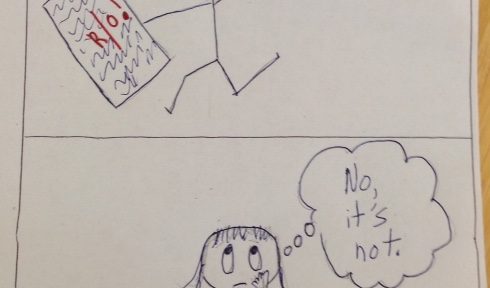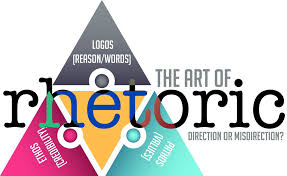Victorians Then and Now: Why Victorian Literature Matters to 21st Century Students

When I introduce any Victorian literature to students, I initially ask them to brainstorm words they associate with Victorian, and I write their responses on the blackboard. Overwhelmingly, they see the period and its figures as resoundingly restrained. Though many American college students define the Victorians by their apparently repressed sexuality, troubling gender relations, and […]



